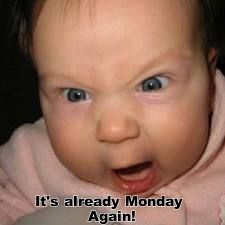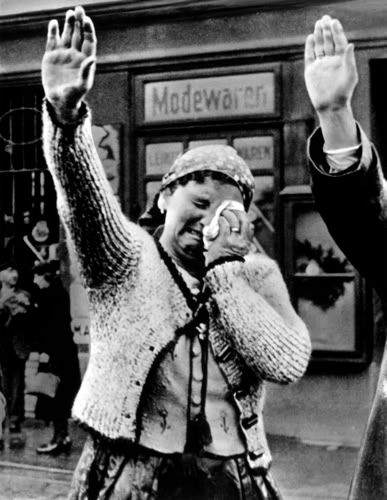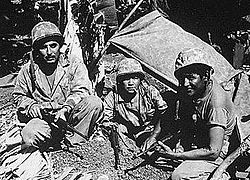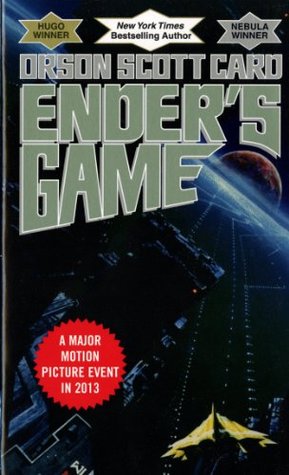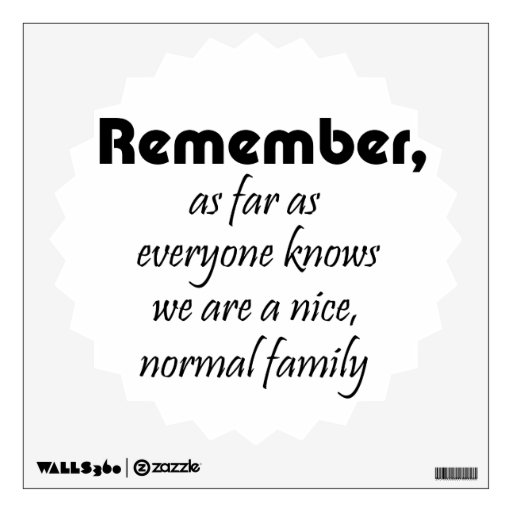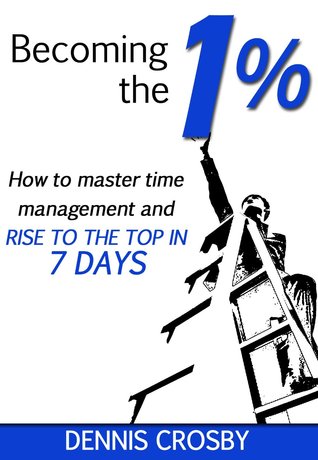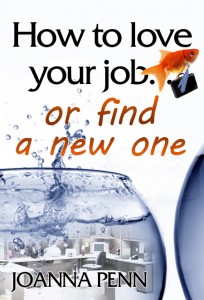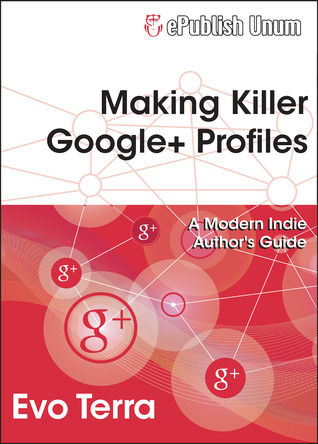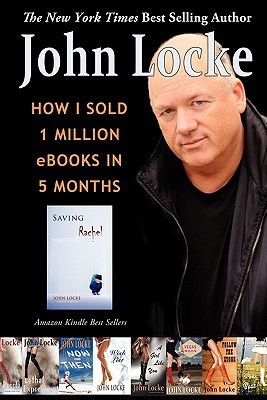 |
| Photo Credit: lockbumping.org |
The key to a great story (okay, maybe one of several keys)is great conflict. Have you ever read a story, and you really liked the settingor one of the characters, so you really wanted to like the story, but you justcouldn’t make yourself care? This can happen for any numbers of reasons, butmore often than not, the absence of compelling conflict is what turns peopleoff to the story. As a reader, it’s frustrating. As a writer, it’soh-so-avoidable!
I’m often told that my subject matter is very interesting.That’s the non-writer’s way of saying that my conflicts are engrossing. As awriter of dystopian, I have to create conflicts within conflicts. My dystopianworld has to be one big conflict, my characters have to be facing conflicts,and it helps if they’re a little conflicted within themselves. So, what makes agood conflict? What is it that makes you devour a story verses devouring dinnerinstead of reading?
I got to thinking about this and came up with a few keys tokeeping your reader engrossed. As you read, apply these points to your favoritestories. They may help you discover the formula for why those stories are yourfavorites!
1) You haveto hook them. Make them care to begin with. I said that conflict is one ofmany keys that make a story work. Another is characters. In my experience, yourconflict could be relatively boring, but if you make your readers care aboutyour characters, and your characters care about the conflict, then the readerwill care about the conflict too. So, make your characters likable, human,relatable. Give them at least one quality that makes the reader root for them.If you can do that, then your reader will keep reading past the first fewchapters.
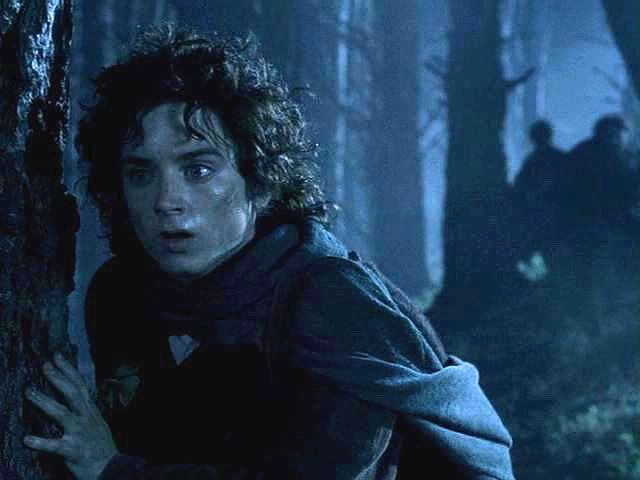 |
| Photo Credit: mechtild.livejournal.com |
2) Make yourconflict something your characters are passionate about. Make sure there’ssomething very threatening to the MC about the conflict. I recently (tried) toread a novel and stopped about a third of the way through. The writing wasactually quite good and the characters were okay, but there almost no conflictin the story. At first the MC was kidnapped, which was good, but then she wassuddenly jumping through all these fantastical worlds, and I just couldn’t makemyself care. I realized that I had absolutely no idea why she was doing whatshe was doing. Make it so that if your characters don’t act, something terrible will happen to them or someone theycare about. If Frodo didn’t run from the black riders, they would have killedhim. If Katniss hadn’t volunteered for the Hunger Games, her little sisterprobably would have been killed. If your character is passionate to the pointof hyperventilation about the conflict (or perhaps putting a stop to it) thenyour readers will feel the same way. Trust me.
 |
| He's pissed the book ended that way! Photocredit: goofybabies.com |
3) Raise thestakes. No matter how dire things are at the beginning of the story, they must get worse as the story progresses.In a way, you really have to stress your reader out. They must fear for thecharacters and what will happen to them should they fail. Things can get worse,plans can fall through, a mentor/friend can die, a worse bad guy can show up. Thesethings will cause your characters (and therefore your readers) stress, whichmeans they will keep turning pages because they so desperately need the releaseof relief when things are finally better. (Why do you think people scream andthrow books at walls when a volume of a series ends on a cliffhanger?)
 |
| Photo Credit: banmilleronbusiness.com |
4) Shockyour reader. That’s right! Shock them. How?
a. A twist in the plot. Now be careful withthis one. You must make sure the twist is both worth it (twisty enough) andalso realistic enough to be believable (not too twisty). There are some twiststhat are done WAY too often. Since TheSixth Sense came out ten years ago, everyone and their dog has ended thestory with the-character-is-actually-dead scenario. I also thinkthe-character-is-actually-crazy thing is done too often. The best way toorchestrate a twist is by putting in tiny, subtle details early on. They mustbe small enough that the reader won’t pick up on them, but potent enough thatwhen you reveal the twist, they’ll remember the details and have a light bulbmoment.
 |
| Photo Credit: cineplex.com |
b. Shock your character. I went to a writer’s workshop about a year ago wherethe speaker (don’t remember her name, which is terrible!) said that you must always know what the worst thing youcould do to your characters is. You don’t always have to do it, but you have toknow what it is. Doing the worst thing to them definitely heightens theconflict, though. J.K. Rowling was masterful at this in Harry Potter. Books 3-7pretty much all ended this way. What was the worst thing that could have happenedto Harry at the end of book 3? Losing Serious after finally finding him. Book4? Facing Voldemort unprepared. Book 5? Death of a loved one. Book 6? Death of another loved one. Rowling figured outwhat would be the worst thing for Harry and did it to him…right before the endof the book. Woman’s a master, if you hadn’t already figured that out.
c. A betrayal—this one is good, but alsosometimes hard to pull off and *warning* your readers may hate you for it. Ifyou take a character that’s awesome and lovable and relatable, and then havehim/her betray your MC, that will shock your audience. Some of them will hateyou for it, but it definitely ups the conflict.
d. Death of a character. This only works asa shocker/conflict enhancer if the audience loves the character. Side or stockcharacters don’t count. By far the best author I’ve seen at this is George R.R.Martin. He always said he wanted to write a book that people were afraid tokeep reading. Well, he’s done it. He’s been known to let you love a characterfor two or three volumes (some of them over a thousand pages, people!) and thenkill the character off. Was I sad? Yes. Did I chuck the book across the roomand swear? Uh, pleading the fifth. Did it make me a die-hard fan of the series?Absolutely! Just saying.
These are some awesome ways to up the ante in your stories andmake sure your reader cares about your characters and their conflicts. Take amoment to examine your favorite stories. If you can find where the authorescalated the conflict and made you care just so darn much, you may havediscovered the formula for just why those stories are your favorites. Happystressing everyone! :D
.JPG)
.JPG)

